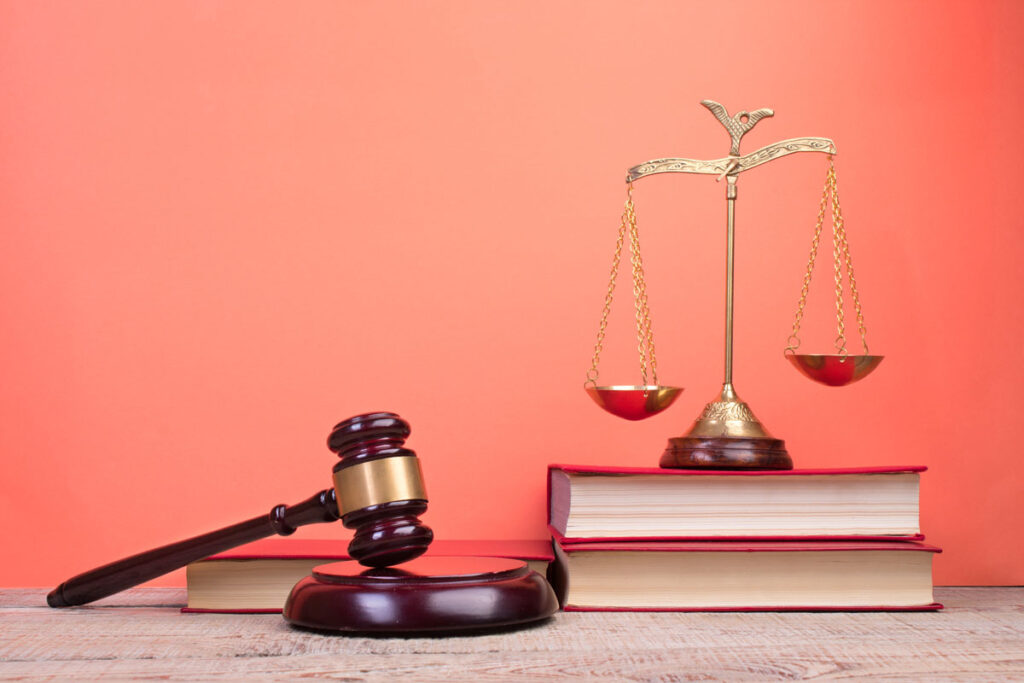
Summary:
Violating probation in San Diego can lead to serious consequences, including possible jail time, additional probation conditions, or revocation of probation. Bail availability varies by case.
Main Points:
- Probation Rules: Must be followed to avoid incarceration; include both standard and discretionary conditions.
- Violation Consequences: Can lead to a hearing where a judge decides the outcome based on evidence.
- Judge’s Decision: Possible outcomes include revocation of probation, informal warnings, or added conditions.
- Bail for Violations: Availability depends on the severity of the violation and the judge’s decision.
Across the US, including in San Diego County and California in general, probation is an alternative to part or all of a sentence requiring incarceration. In other words, time spent in prison or jail.
Instead, people placed on probation can live in their communities and avoid incarceration — as long as they follow the terms of their probation.
Whether someone is convicted of a crime or misdemeanor by state courts or by a federal court in San Diego, the basic idea of probation doesn’t change. Federal probation in San Diego and state-level probation both require people convicted and placed on probation to follow the rules, requirements, and expectations placed on them by the court.
If a person on probation fails to meet those conditions, they’ve violated their probation. What happens if someone violates the conditions set by the court and monitored by the County of San Diego Probation Department (or, for San Diego federal probation, the US Probation and Pretrial Services System)?
What is a San Diego County Probation Violation?
As mentioned, people on probation have to follow certain rules and meet certain goals.
Some of those rules and requirements can and do change from one person to the next. These are called discretionary rules or conditions. Examples include not making contact with a victim and taking drug or alcohol tests, as AllLaw explains.
Other rules are standard across all cases. Examples include not breaking the law, returning to and staying at work or school, and reporting to a probation officer when required.
What Happens After a San Diego County Probation Violation?
When someone fails to meet the rules set by the court, they’ve committed a probation violation.
Law firm Eisner Gorin LLP explains that, when a violation happens or is suspected, the person is arrested and eventually brought to a probation violation hearing.
In this hearing, the judge decides whether a person broke the rules of their probation based on a preponderance of evidence.

As Cornell Law School explains, that term simply means that the event that led to a violation is more likely to have happened than not. That’s a lower standard than is used in criminal cases, where the prosecution must prove guilt beyond a reasonable doubt for a conviction.
If the judge decides the violation didn’t happen, then the person on probation does not face any penalties. They can keep following their probation as originally set and work toward reaching the end of their sentence. It all depends on the facts and evidence presented at the San Diego probation violation hearing and how the judge interprets that information.
There’s no single course of events that happens if a judge decides a person has broken the terms of their probation. The judge could do any of the following, depending on the circumstances:
- End or revoke the probation, which usually means the person will have to serve time in prison or jail. The judge could even put the maximum sentence for the original crime in place.
- Provide an informal warning or caution that doesn’t affect the terms of probation. However, if another violation happens, the judge could take this leniency into account in the future.
- Add more rules and conditions to the current terms of probation, which will then be enforced by the San Diego County Probation Department. While it isn’t as severe as having to serve additional jail time, it does mean less freedom and more rules to follow.
As you can see, a probation violation may have very serious consequences. Not everyone who violates probation has to serve time in prison or jail, but it’s a common outcome. Even an informal warning could work against someone on probation if they break the rules of their probation in the future.
Can You Get Bail for a San Diego Probation Violation?
The simplest answer to this question is “it depends.” As attorney Domenic J. Lombardo explains, a felony probation violation could lead to either:
- Bail being available, but set to a high amount.
- Being held until the probation violation trial without the option of posting bail.
While bail isn’t always available for probation violations, it is in some cases. Exiting pre-trial probation can be vital for gathering information that proves innocence and reducing disruptions in daily life.
If bail is an option for you, a friend, or a loved one following a San Diego probation violation, Bail Hotline can help. Get in touch with our San Diego office to learn more.